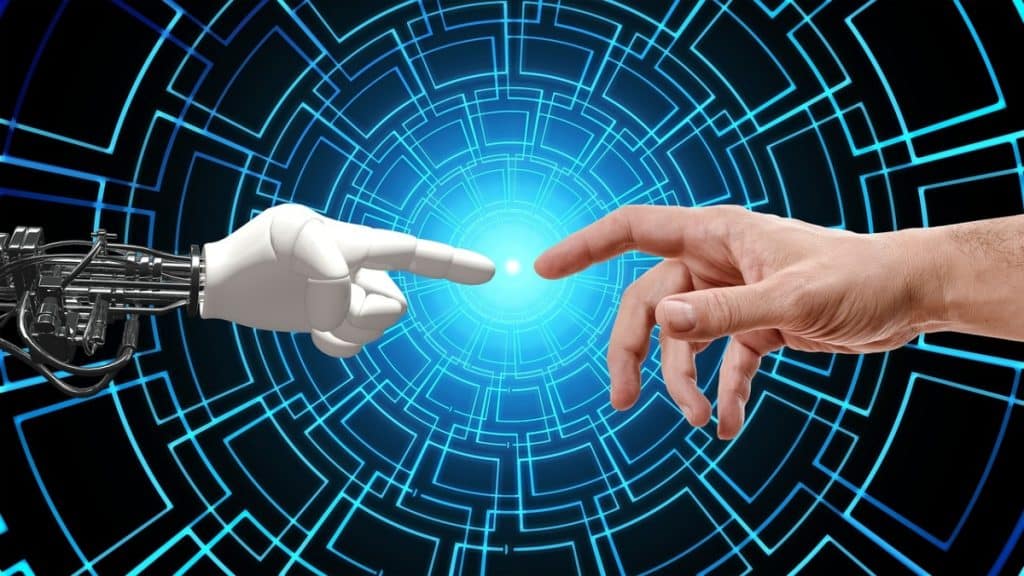Bots capable of carrying on conversations and helping with daily tasks have long been discussed and explored in theory and science fiction. For the most part, it always seemed like a distant possibility, unlikely to be something we would experience in our lifetimes—that is, until the launch of ChatGPT in November 2022, which introduced generative AI (genAI) to the masses.
It quickly became one of the most adopted technologies in history. The novelty and excitement surrounding its possibilities had millions trying out the technology to see what it could do and, more specifically, what they could do with it.
Since then, Open AI (the company behind ChatGPT) has released newer versions of this history-making technology, each improving upon the last in terms of reasoning, context awareness, and multimodal capabilities. This has also spurred a genAI gold rush, with major tech companies launching themselves into action to deliver the next exciting AI breakthrough. These companies have sped up their existing AI efforts or partnered with OpenAI to bring more generative AI options to the market, creating a competitive and diverse landscape of capabilities.
The Competitive AI Landscape
The rush to develop more AI options has led companies like Microsoft, Google, and Anthropic to invest heavily in AI development, leading to major AI releases like those below.
Microsoft Azure
Microsoft invested in OpenAI in 2019 and fully acquired the company by 2023. Through the acquisition, Microsoft has unveiled a host of AI-based solutions for its products, integrating AI into everything from its Azure cloud computing platform to Microsoft 365. Microsoft also released its genAI chatbot, Copilot. Copilot was marketed as an everyday companion capable of answering questions, generating images, and performing tasks like writing emails.
Google Gemini
Google Gemini launched roughly a year after the initial ChatGPT release. Its launch had broad applications, from casual chatbots to building towards a generative search experience, where Google search results include conversational-style answers to search queries. It was designed with multimodal capabilities from the start, allowing it to analyze and produce text, images, videos, and code.
Anthropic’s Claude
Claude was released as a more ethical AI model designed to be helpful and harmless. It operates like other GenAI models but follows a set of guiding principles for producing responses. This approach, called Constitutional AI, reduces biased or harmful outputs, a common criticism of other AI models. Its careful reasoning system has earned this AI model a positive reputation for handling more complex reasoning and providing more nuanced responses to questions.
How Do These Advances Impact Our Daily Lives?
Looking at the list of AI developers might seem like a list of companies adding more products for us to sort through, but the impacts are more far-reaching than this. With each new release and update, AI has new ways to impact our lives, both good and bad. The capabilities of AI are showing up in many areas of daily life and impacting us beyond our screen time.
AI Is Integrated into Everyday Apps and Tools
Chat-based AI tools have been integrated into our social media accounts, emails, and workplace software. In many ways, we can think of these additions as personal assistants who can give us a summary of our recent emails, help us draft emails or reports, or answer any of our questions, whether it’s what we should do on our vacation or translating technical jargon into plain language. It streamlines tasks the same way online gambling options offer more convenience by allowing you to deposit into your phone account and how contactless payments make going through checkouts faster.
Industry-Specific Applications
Generative AI supports a broad range of industries, including healthcare, finance, and law. Specific applications are being developed to assist with tasks in these fields and to streamline operations. For instance, the healthcare industry is using genAI to work towards personalized treatment programs and diagnostic assistance. Creative industries are also significantly impacted by generative AI due to its ability to create text, images, videos, and audio. It can help enhance the creative process and streamline creative workflows.
Ethical Concerns and Considerations
The increased presence of AI has raised several ethical and safety concerns. These concerns are varied and can include:
- Harmful and Biased Outputs: AI is not always accurate and may use data sets that can perpetuate biases or stereotypes.
- Copyright Challenges: AI uses a large pool of data to create outputs, and it’s not always known who to attribute credit or if it can be legally used.
- Privacy and Data Protection: The use of personal data in AI training and how the data is used and protected leads to worries about the security of personal data and general privacy.
- Lack of Transparency: How AI decisions or outputs are made isn’t always clear, leading to concern or distrust about its processes.
- Negative Environmental Impacts: AI is a high-energy technology that strains precious resources.
- Lack of Regulations: Policies and regulations need to adapt to new technology, and implementing these changes can take time, even as technology rapidly evolves.
Regulatory bodies like the European Union are beginning to address concerns, such as the lack of regulations. The EU has begun implementing the Artificial Intelligence Act, which requires AI developers and providers to meet specific policies and safeguards. However, the actions to address concerns aren’t always clear, adding to the worries and considerations surrounding them.
Conclusion
Since 2022, artificial intelligence has rapidly transformed from something fun and novel to a technology with useful real-world applications. While advances in this technology are not without concerns, many are optimistic about the enormous potential that generative AI presents.
